November 02, 2009
Advanced Tracking Tools: MeSH Keywords
By: Andrea D. Lythgoe, LCCE | 0 Comments
This article is part of our Understanding Research series.
MeSH - maybe you've seen it, that weird word that is always in caps, except for the little e. What is it and why should I care? Well, MeSH is an acronym for Medical Subject Headings, and in essence it is a way of having a standardized set of keywords that everyone uses to index research. It is run by the US National Laboratory of Medicine and is updated once a year.
First, you can use it as a thesaurus to find out other terms you might use for your searching. So if you are searching for postpartum depression, you can enter that term here and find something that looks like this:
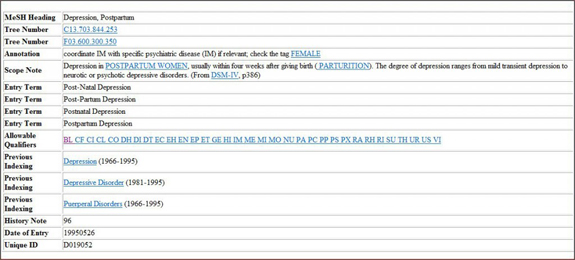
You can see the official MeSH heading of "Depression, Postpartum" and below it several other Entry Terms that could be used as search terms. You can also see that before 1995, the indexing for postpartum depression was different than it is now. If youre looking for studies older than 1995, using those as keywords may be helpful as well. (Though in this example, they are probably too broad!)
MeSH keywords are organized in a tree with similar keywords near them. By clicking on the "Concept View," you can see how postpartum depression fits into two different areas, pregnancy and mental health:
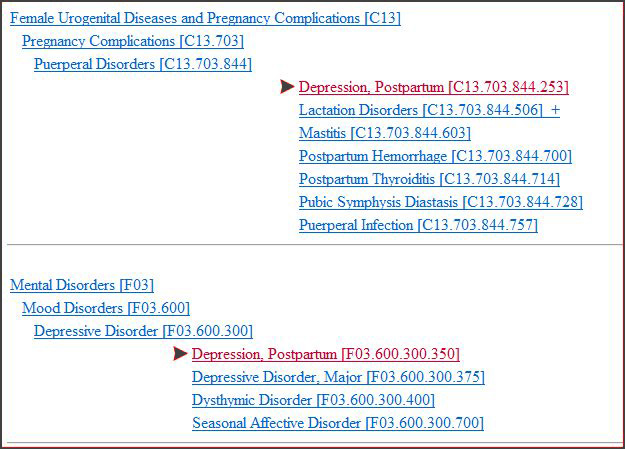
Searching the MeSH keywords can be an excellent way to find the generic and alternate brand names for drugs. Look at all the possible keywords that come up in a search for Cytotec:
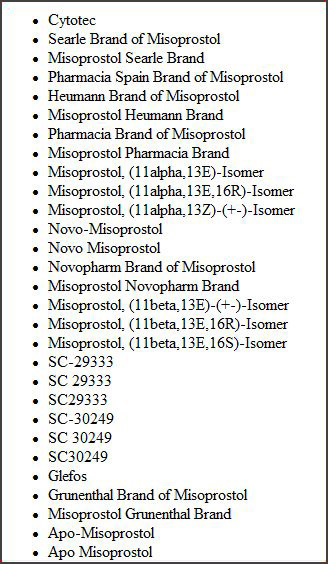
But where MeSH keywords really shine is within PubMed!
For example, if I wanted to find studies on the risks of induction of labor, I could do a simple PubMed search like this:
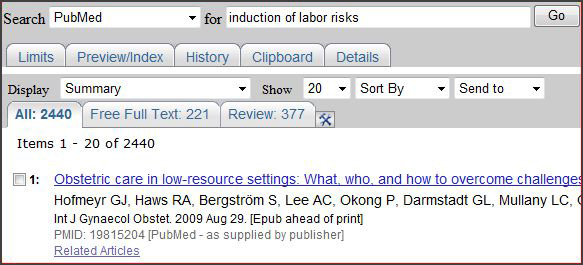
2440 results is a lot to slog through, and a quick scan of the first page of results shows things like a case report of a second trimester uterine rupture and an analysis of the risk factors for bladder injury during a cesarean section. So you've got a lot of stuff that really doesn't apply to what you want to know.So let's try using MeSH! Click on the MeSH Database in the left hand sidebar and do a regular keyword search there.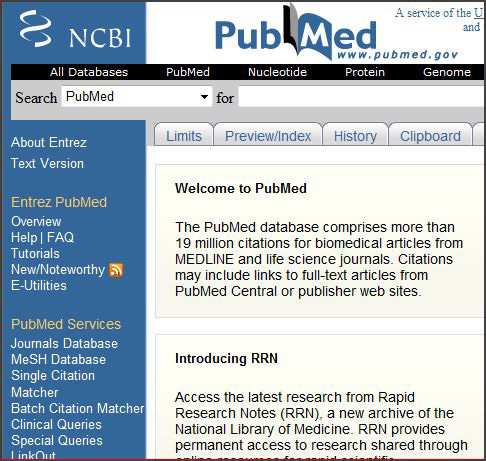
In the MeSH database, I did a search for "Induction of Labor" and this is the MeSH result: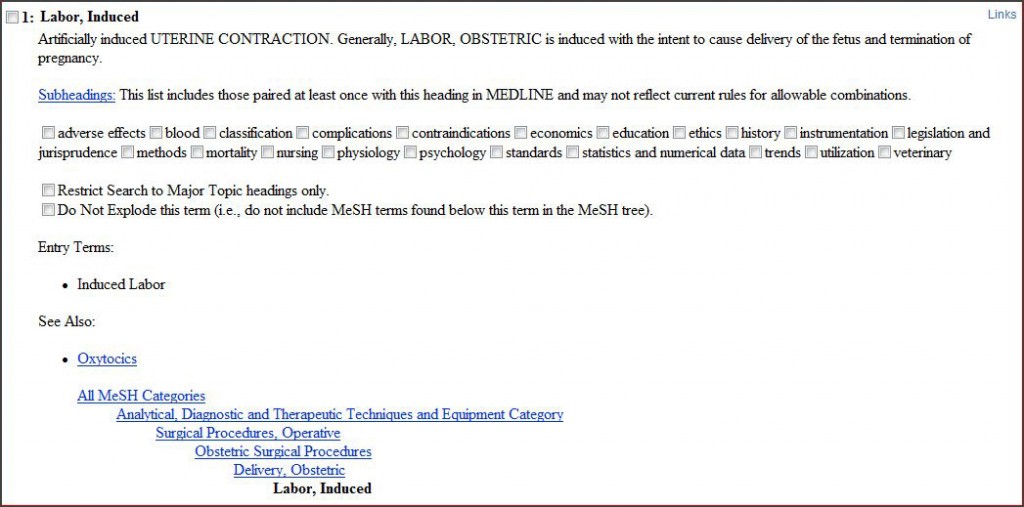
You can see that the MeSH keyword is a little different than my search, as the result is for Labor, Induced instead if Induction of Labor. The MeSH term is defined so you can ensure youre at the right result. In this case there was only one MeSH keyword result, but it is possible to get multiple results and the definition can help you ensure you are looking at the correct one for your search.
Once you're at the keyword entry that is the right one for your search, you can click on the "Links" in the upper right hand corner to complete a PubMed search for all articles that have this keyword. When I did this, I got 7,064 results - that's 354 pages of citations to wade through, far more than I want to do. So I go back and try it again, this time using the "major topic" version of the PubMed search, so that I only get articles where induced labor is a major topic. This narrows it down to just under 4,800 results. Still too many!
But notice those subheadings just below the definition? Add a checkmark to the most applicable subheadings and then use the dropdown menu below to send these subheadings to the search box.
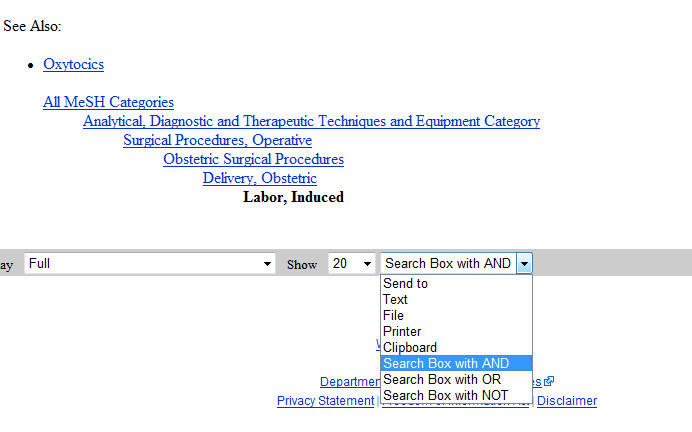
Your results will be limited by the subheadings you chose. Maybe you see more than one key word that fits what you want to know. Go ahead, click all the ones that fit.
For our example, I chose "Adverse effects" "Complications" and "mortality" as the three that I wanted to search. I can choose to add them to the search box with any of the major operators: AND, OR and NOT. I'm going to choose OR to get results that include any one of "Adverse effects" "Complications" and "Mortality.' I also checked the box that limited the results to major topics only.
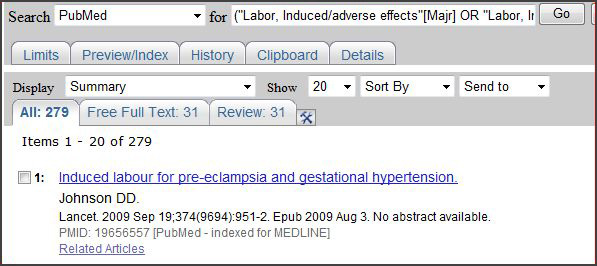
Now I have 279 articles with the main topic of complications, adverse effects, or mortality in induction of labor! Much better than the 2,440 results we got before - far less to wade through, and they are much more on topic.Next time: Using one great study as a tool to find more like it!
Tags
Childbirth education Maternal Infant Care Help and Training Andrea Lythgoe Understanding Research Tracking Down Studies